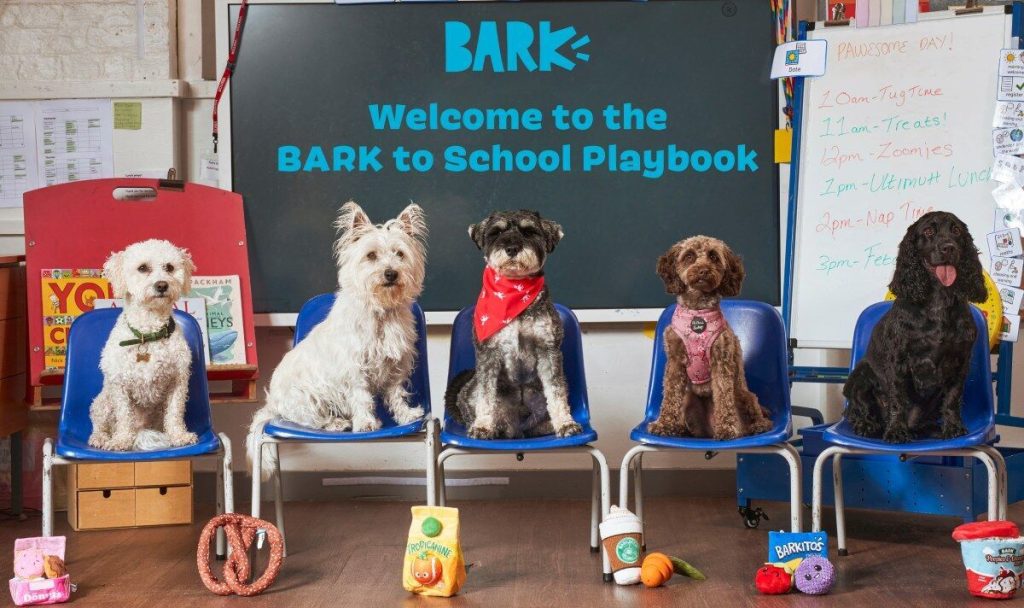
Animal experts have identified the top five types of play behaviour in dogs, from The Team Player to The Destroyer – and the best kind of exercise for each personality type. Canine behaviourist Shelby Semel has teamed up with veterinarian Dr Margo Hennet, to reveal what they have dubbed the Five Archetypes of Play Behaviour.
These include The Investigator, The Tracker, The Pursuer, The Team Player, and The Destroyer – and your dog could fit into more than one of these categories, or even all five.
The two experts have also come up with specific games to liven up walkies for each of these five kinds of dog – designed to be played for just five to ten minutes, two or three times a day.
It emerged that a simple stroll around the park may not be sufficient to keep your dog happy – with each exercise devised to focus on specific materials, scents, and play styles, that will excite each and every breed of dog.
The fun new approach is backed by leading US dog company, BARK – after it commissioned a survey of 2,000 UK dog owners, which revealed more than half (56 percent) do not manage to dedicate the necessary 15-30 minutes each day that their dog needs for playtime.
And almost three in ten (28 percent) admit they only play with their dog on three days each week.
This is only set to get worse during the colder, winter months, as 62 percent expect they will spend less time outdoors as the weather changes.
And 82 percent of pet parents consider a simple walk to be a form of play for their dog – while 28 percent even believe that watching TV on the sofa counts.
But BARK reckon it’s more important than ever to look after your pup – and is on a mission to change British habits, with the nationwide launch of the BARK To School playbook, available from Pets At Home.
Six in ten recognise that the top benefit of playing with their pooch is for bonding, and to strengthen their relationship.
However, 49 percent of pet owners were not aware that play also supports mental stimulation, and helps training (64 percent) for their furry friend.
Behaviourist Shelby Semel said: “Playing games with your dog is valuable for both mental and physical stimulation, and also for strengthening the dog to human bond.
“You can bond further by learning dog body language – signs of being happy and playful include a play bow, circular wagging tail, and mouth open and relaxed.”
And Dr Margo Hennet, veterinarian at BARK, added: “Scent games are great for reducing stress-related behaviours, whereas agility courses help increase endurance and physical fitness.
“That’s why we’re excited to be launching the BARK to School Playbook, as we want to encourage owners to increase playtime through fun and simple games that offer multiple benefits.”

 Latest Breaking News Online News Portal
Latest Breaking News Online News Portal




